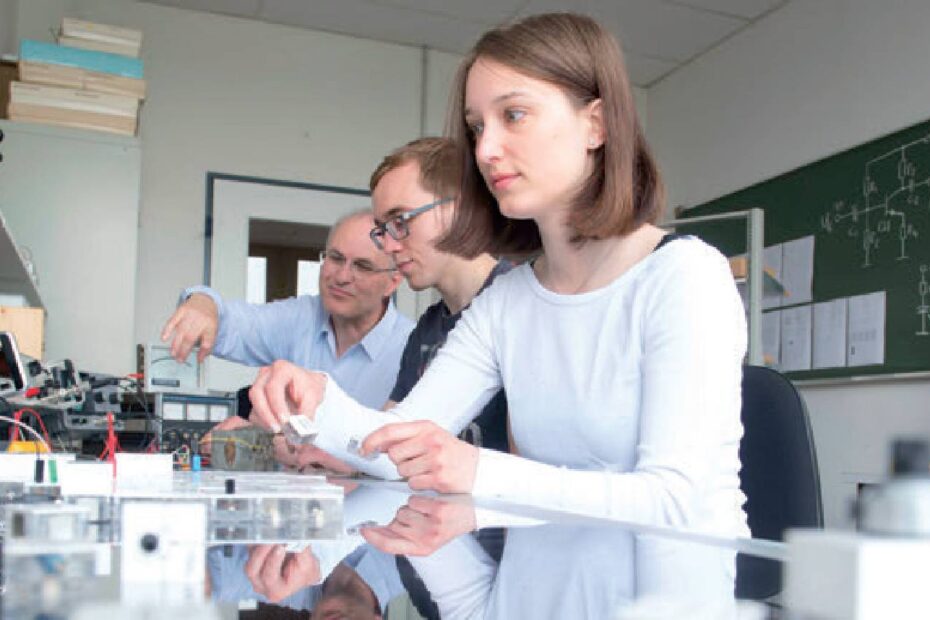Clever minds live and work in the Osnabrücker Land: companies here at the Heart of Germany’s North West benefit from the academic work and research that goes on at Osnabrück University, the University of Applied Sciences, the College of Cooperative Education and the local centres of excellence. The Osnabrücker Land also offers extraordinary know-how in pioneering sectors. This also attracts both companies and the skilled workers of tomorrow.
Studying at Osnabrück University and University of Applied Sciences
Osnabrück University was founded in 1974 and draws students from all over the world. More than 14,000 young people start their careers here every year and are well equipped for their future working lives in Germany and abroad. The university is renowned for its research and teaching in the Humanities, Social Sciences, Science, Law and Economics. The disciplines also look outside the box in the interdisciplinary institutes for migration research, cognitive science, early modern intercultural studies and environmental systems research.
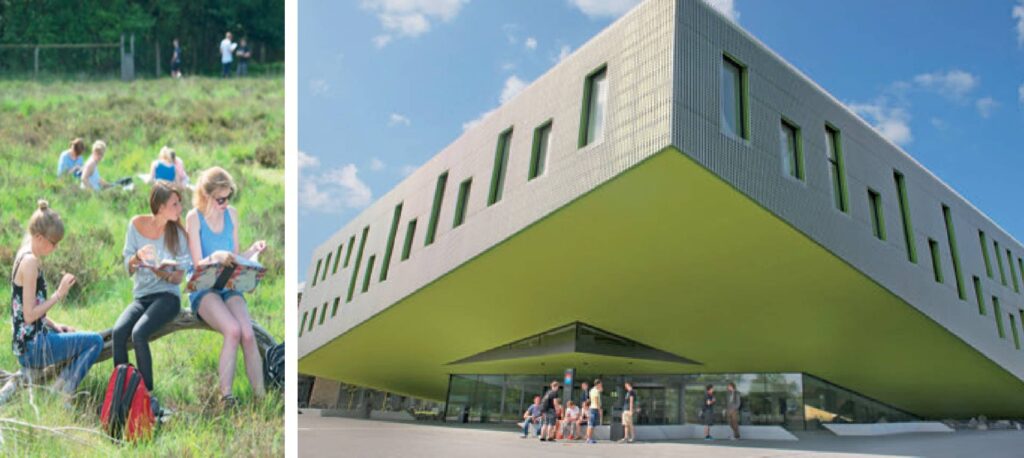
The German Research Centre for Artificial Intelligence maintains a branch at the university. The European Legal Studies Institute is one of Europe’s most important research institutions for comparative law and the unification of law.
Osnabrück University of Applied Sciences has a similarly outstanding reputation. It is probably the largest and most efficient university of applied sciences in Lower Saxony and prepares roughly 14,000 students for a successful working life. They can choose from about 100 degree courses at the Faculties of Agricultural Sciences and Landscape Architecture, Engineering and Computer Science, Management, Culture and Technology together with Business Management and Social Sciences as well as the Institute for Music. Key areas of research include future-oriented agricultural system technology, energy systems, management and business law, innovative materials and material technologies together with health services research as well as management and business administration for the healthcare sector.
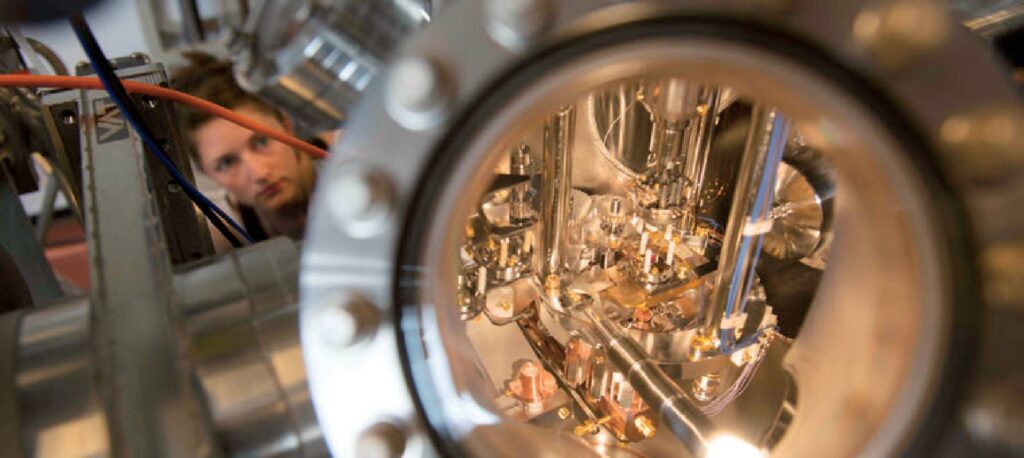
Cooperating with business
The expertise in science and research is also made available to companies in the Osnabrücker Land. Many companies cooperate with the University of Applied Sciences, including projects such as Agricultural Engineering 4.0 or the Agricultural Technology Centre. In many cases, research and development project receive public funding. Companies find the Science to Business GmbH to be the right address for support when it comes to handling requests for research and development as well as related services. TIM is the Transfer and Innovation Management agency run jointly by Osnabrück University and the University of Applied Sciences which provides advice and support covering all aspects of contact between science and business, research funding, contract research and start-up issues.
Centres of excellence as partners for business
Companies also benefit from the well-established know-how in the centres of excellence at the University of Applied Sciences. COALA (Competence Of Applied Agricultural Engineering) for example is the partner for flexible, interdisciplinary contract research in agricultural engineering. Other examples of cooperation include the KEA (Centre of Excellence for Electronics & Drive Technology), the L I A I B (Centre of Excellence for Energy, Lightweight Construction, Drive Technology and Operational Stability) which combines classic cross-section technologies in mechanical engineering, and LOGIS.NET for the transportation and logistics sector.
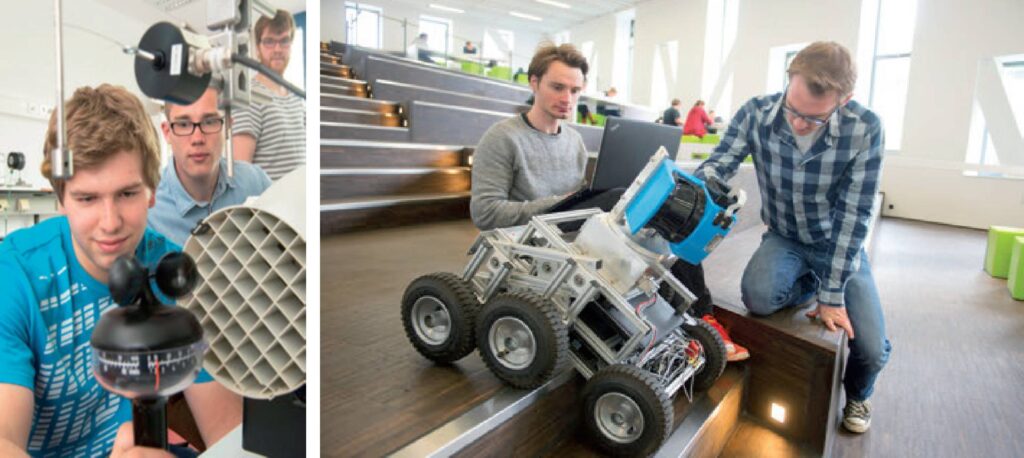
Besides agricultural engineering, logistics and mechanical engineering, the food branch also plays a major role in the economic life of the Osnabrücker Land. It is no great surprise therefore that one of the most important international institutions for food technology is at home in the Osnabrücker Land and thus at the heart of Lower Saxony’s food industry. More than 150 companies involved in food production, mechanical engineering, measuring systems and process technology belong to the German Institute of Food Technologies DIL founded in 1983 in Quakenbrück. The industrial research institute supports the food industry in the development of competitive products, fosters the transfer of research findings into practical applications and supports innovative start-ups in the food industry.
Cooperative mindset, cooperative studies
Something that has been possible for more than 20 years in the Osnabrücker Land. Melle College of Cooperative Education brings together future engineers in the disciplines of wood and furniture technology and in window and glass facade construction with future social workers and social education workers to study on the same campus, with the cooperative, practical approach as the common factor. As well as studying the theoretical aspects at the College of Cooperative Education, the skilled experts and senior executives of tomorrow gain the practical experience they need by working in local companies. They pursue their work, research and studies in the everyday working situations of their chosen career, with an academically sound approach that is integrated in practice.
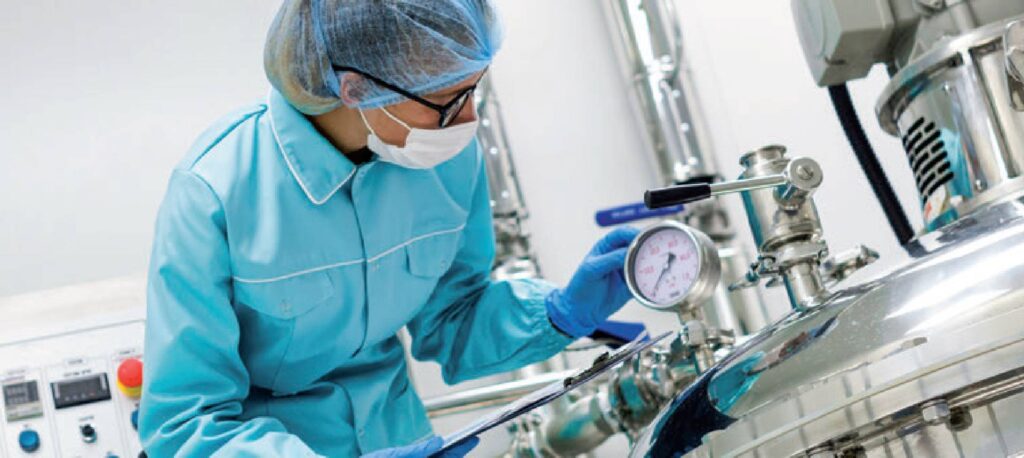
Picture: Ivan Traimak/stock.adobe.com
